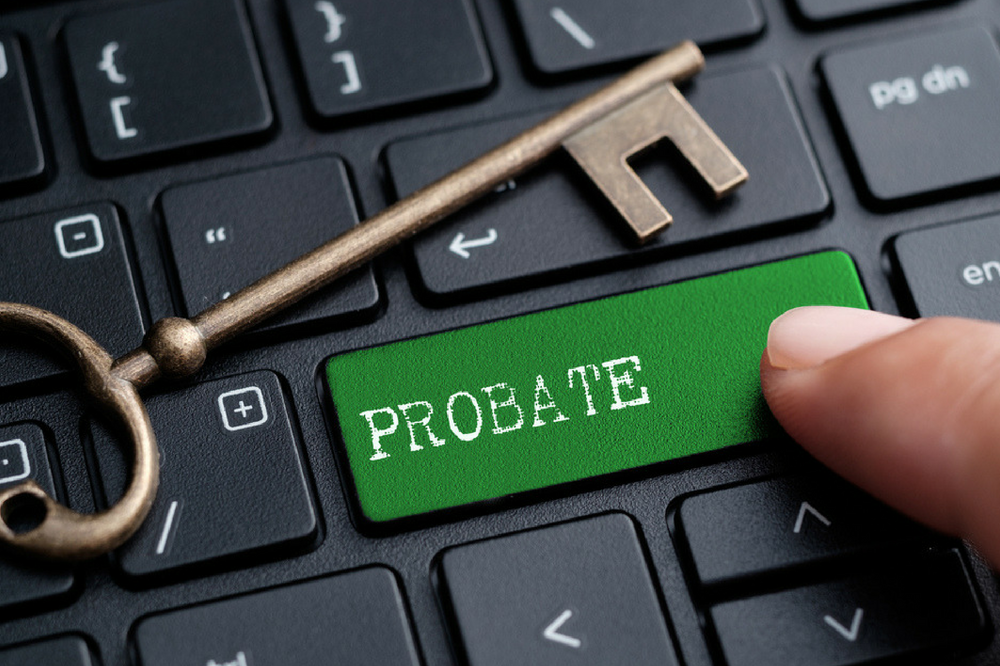
No matter what age you are and how many estates you own, drafting a Will should be one of your priorities. We understand for a fact that there are a lot of things needed to be taken into consideration while making a Will, but the burden of it should not deter you from drafting one.
In case you die without a Will in place, then your estate is distributed among your surviving relative according to the rule of intestacy. If this happens, chances are that you estate will be passed on to someone you don’t wish should be liable for your property. So, if you want to pass on your estate and possessions to people of your choice, then drafting a legal Will is the only way to make it possible.
But how much does a Will cost? In practice, the actual price of the Will varies depending on the type of service you opt for and is also dependent on the complexity of your estate.
Drafting a Will is one process, but validating your Will after your death is another process that everyone should be aware of. This process is termed as the probate process.
Technically, probate is a legal agreement that basically appoints the executors (named in the final Will and testament) and grants them the legal authority to administer the estate of the deceased.
Like we mentioned above, the probate process proves for a fact that the Will is valid. Without this, the executors rely on the validity of the Will to authorise their actions. In case the Will is an invalid document, the executors would be acting without authority and could be possibly pursued for damages by the creditors or beneficiaries.
In this article, we have tried to explain the circumstances in which an individual will have to apply for a probate and the forms that are needed for the application.
When is a grant of probate needed?
As a matter of fact, it is not always mandatory to apply for a grant of probate. Probate basically gives the executors mentioned in the Will the authority to administer the estate of the deceased party. In other terms, it acts as a proof to the third party institutions that the executors has the power to act. Additionally, it also protects the executors from claims by the third parties.
It is necessary to obtain a grant of probate if the total value of your estate exceeds £5000. However, obtaining a grant is beneficial in case you have a deal with banks, building societies, pension fund managers and insurance companies. This is mainly because these institutions sometime impose their rules as to when a grant is required to transfer the assets.
It is even beneficial to obtain a grant for the security of the executors. For instance, if at all the Will is challenged or there is someone who claims that the deceased owed them money.
Forms needed for application
The forms required to apply for a grant of probate are available at the Principal Probate Registry or at any district office. These forms should be requested as soon as the Will is found, so the executors can complete them as the inventory process progresses.
The HMRC provides the Form IHT400, which is usually needed as a statement of account of the estate and is used for calculating the inheritance tax due. Depending on the situation, the executors may or may not be needed to use supplemental schedules provided alongside the Form IHT400.
Form PA1 – Probate Application Form
The basic purpose of a PA1 form is to collect primary information about the testator, the Will, beneficiaries, family and the executors. With the help of this information, the Probate Registry can determine:
- Who to grant the probate or letters of administration
- Whether the power reserved letters should be issued or not
- Who is the beneficiary in case of intestacy or partial intestacy
- Whether any beneficiaries are minors (in this case a trust is formed)
Form IHT205 – Short Form of Return of Estate Information
This form is used in case there is no tax to be paid. In legal terms, this means the estate is excepted, or exempt and excepted. It will further tell you whether you need to complete the form IHT400 or not.
Form IHT400
Through this form you will know how much inheritance tax is payable for the given estate. You might not be liable to complete all the sections of the form, but you are needed to complete the supplementary pages or attached separate sheets that come along with the Form IHT400.














